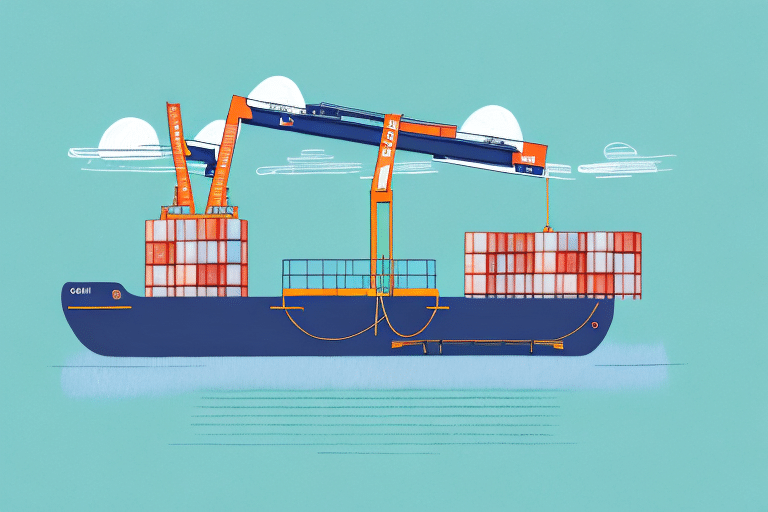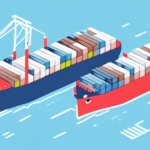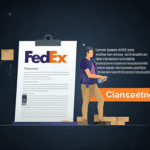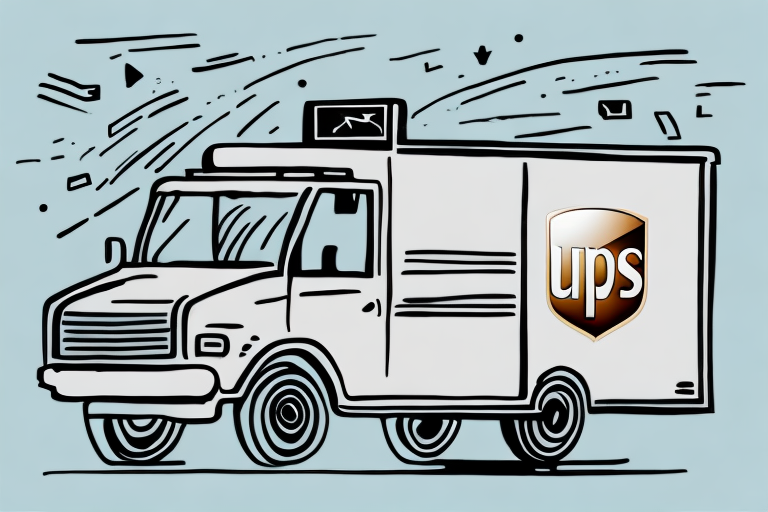A Comprehensive Guide to the Carrier Claims Process
If you've recently experienced damage or loss to your goods during transportation, you may be considering filing a carrier claim. This process can be complex and time-consuming, but with the right guidance, you can navigate it successfully. In this comprehensive guide, we'll break down everything you need to know about carrier claims, from understanding the basics to maximizing your compensation.
Understanding the Basics of Carrier Claims
Before diving into the specific steps of filing a carrier claim, it's essential to grasp some fundamental concepts. A carrier is a company that transports goods, whether by land, sea, or air. Carrier liability refers to the carrier’s legal responsibility to compensate the owner of the goods for any damages or losses that occur during transit. This liability is often limited by contract or law, making it crucial to review your bill of lading carefully.
Carrier liability only applies to damages or losses that occur during transit. If the goods were damaged or lost before being loaded onto the carrier’s vehicle or vessel, the carrier is not responsible. Additionally, carrier liability may be limited or excluded for certain types of goods, such as hazardous materials or perishable items.
When filing a carrier claim, providing ample documentation is vital, including the bill of lading, proof of delivery, and evidence of the damages or losses. Claims must typically be filed within a specified time frame, usually within a few days or weeks of delivery. Understanding these basics ensures you are properly compensated for any damages or losses during transit.
Types of Carrier Claims
Carrier claims can arise from a variety of incidents, including theft, damage, loss, or delays. The type of claim you file depends on the specific circumstances:
- Theft: If goods are stolen during transit, you can file a claim for loss.
- Damage: Physical harm to goods can warrant a cargo damage claim.
- Loss: Complete loss of goods requires a cargo loss claim.
- Delay: Late deliveries may qualify for claims related to late delivery or demurrage.
The type of transportation—air, sea, or land—also influences the claims process. For example, air freight claims differ from ocean freight claims in terms of procedures and required documentation. Understanding the specific requirements for your mode of transport is crucial for a successful claim.
For more detailed information on different types of carrier claims, refer to the Federal Motor Carrier Safety Administration guidelines.
How to File a Carrier Claim
The carrier claim process generally involves the following steps:
- Notify the Carrier: Contact the carrier immediately to report the incident.
- Gather Evidence: Collect photos of damaged goods, witness statements, and other relevant documentation.
- Submit a Formal Claim: Provide detailed information, including the date of the incident, nature of the damage or loss, and desired compensation.
- Follow Up: Keep in touch with the carrier and monitor the progress of your claim.
It's imperative to adhere to the carrier’s specific time limits for filing claims to avoid forfeiting your right to compensation. Maintaining detailed records of all communications with the carrier is also essential throughout the process.
For a step-by-step guide on filing claims, visit the Air Cargo Industry resources.
Essential Information for Filing a Carrier Claim
When filing a carrier claim, providing comprehensive and accurate information is critical. Key documents and details include:
- Bill of Lading: This document outlines the terms of the shipment and is essential for validating your claim.
- Proof of Delivery: Evidence that the goods were delivered, such as a signed delivery receipt.
- Photographs: Images of damaged goods help substantiate the extent of the damage.
- Valuation of Goods: An accurate estimate of the goods' value is necessary for determining compensation.
- Additional Costs: Documentation of any extra expenses incurred due to the incident, such as shipping or storage fees.
Including a detailed description of the damage, including its extent and cause, can aid the carrier in assessing your claim more efficiently.
For more details on required documentation, refer to the International Road Transport Union guidelines.
Common Mistakes to Avoid When Filing a Carrier Claim
Navigating the carrier claims process requires attention to detail to prevent common pitfalls:
- Missed Deadlines: Failing to file the claim within the carrier’s specified timeframe can result in denial.
- Incomplete Information: Providing incomplete or inaccurate details can weaken your claim.
- Insufficient Evidence: Lack of proper documentation, such as photos or receipts, can undermine your case.
- Accepting Low Settlements: Settling for less than the full value of your claim can leave you uncompensated.
Working with an experienced carrier claims attorney can help you avoid these mistakes and navigate the complexities of the claims process effectively.
Learn more about avoiding common claims mistakes from the U.S. Department of Transportation.
Resolving Your Carrier Claim
Approval of Your Carrier Claim
Once your carrier claim is approved, you should receive compensation in line with your bill of lading or contract terms. This may cover the replacement value of the goods and any additional costs incurred due to the incident.
Be aware that carriers might offer a settlement less than the full value of your claim. Accepting such a settlement typically waives your right to pursue further legal action related to that incident.
If your claim is approved, ensure that you receive the compensation promptly and verify that it aligns with the agreed terms.
Denial of Your Carrier Claim
If your carrier claim is denied, you have several options:
- Appeal the Decision: Review the reasons for denial and provide additional evidence or clarification.
- Negotiate with the Carrier: Engage in discussions to reach a mutually agreeable settlement.
- Pursue Legal Action: As a last resort, consider taking legal action against the carrier.
It's crucial to understand the reasons behind a denial and to take appropriate steps to address them. Consulting with a legal professional can provide guidance on the best course of action.
For more information on appealing denied claims, visit the Federal Trade Commission.
Strategies for Appealing a Denied Carrier Claim
When faced with a denied carrier claim, implementing effective strategies can enhance your chances of a successful appeal:
- Gather Additional Evidence: Collect more documentation, such as updated photos, expert opinions, or additional witness statements.
- Request a Review: Submit a formal request for reconsideration to a higher authority within the carrier company.
- Seek Mediation: Engage a third-party mediator to facilitate negotiations between you and the carrier.
- Legal Action: If necessary, file a lawsuit to pursue compensation through the legal system.
Collaborating with an experienced carrier claims attorney can significantly bolster your appeal efforts, ensuring that your case is presented effectively.
Explore mediation options with resources from the American Bar Association.
Maximizing Your Compensation in a Carrier Claim
To ensure you receive fair compensation for your carrier claim, consider the following steps:
- Thorough Documentation: Keep detailed records of all damages, losses, and related costs.
- Accurate Valuation: Provide a precise estimate of the value of the goods and any additional expenses incurred.
- Effective Negotiation: Advocate for a settlement that fully compensates you for your losses.
Engaging with a knowledgeable carrier claims attorney can aid in negotiating a fair settlement and ensuring that you do not leave any compensation unclaimed.
Learn more about maximizing compensation from the Nolo Legal Encyclopedia.
The Role of a Carrier Claims Attorney
Working with an experienced carrier claims attorney can provide significant advantages in the claims process:
- Legal Expertise: Attorneys understand the intricacies of carrier liability laws and can navigate complex legal frameworks.
- Contract Review: They can examine your contracts or agreements for potential limitations or clauses that affect your claim.
- Claim Presentation: Attorneys can help you present your claim effectively, ensuring that all necessary information is included.
- Negotiation Skills: They can negotiate on your behalf to secure a fair settlement or represent you in legal proceedings if necessary.
Consulting with a carrier claims attorney can enhance the likelihood of a successful claim outcome, providing peace of mind and ensuring your rights are protected.
Find legal assistance through the American Bar Association.




















